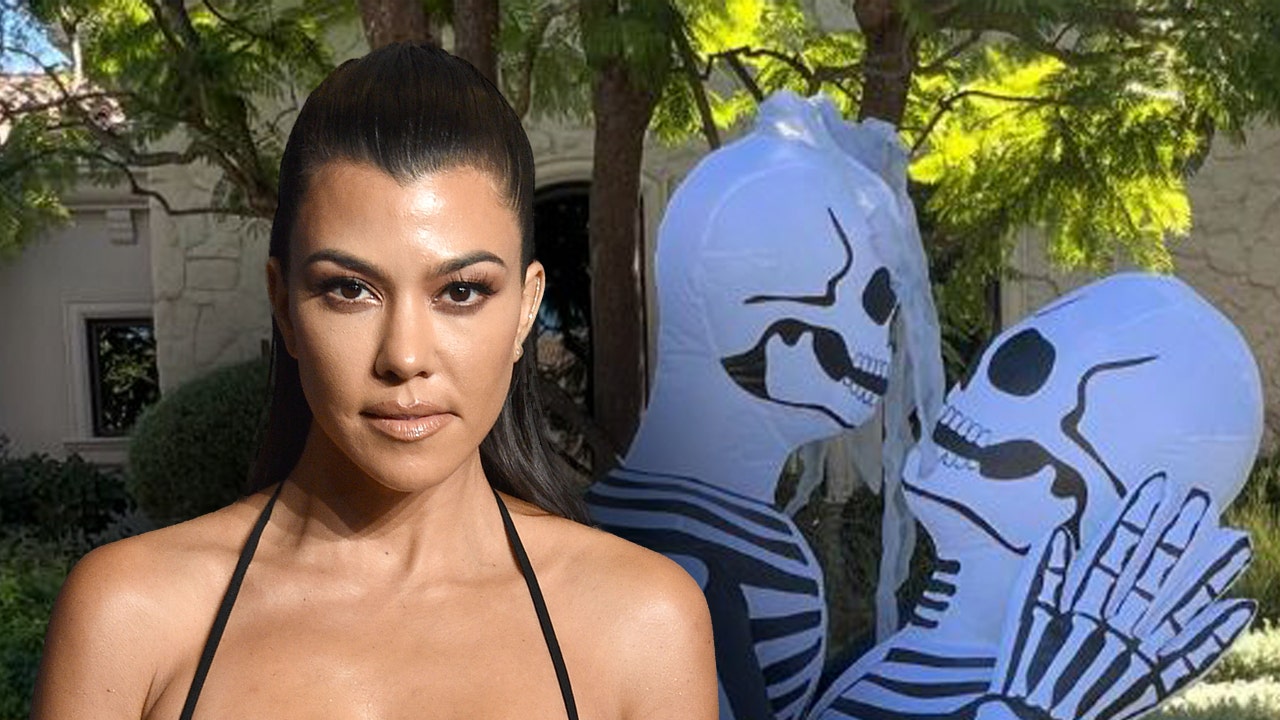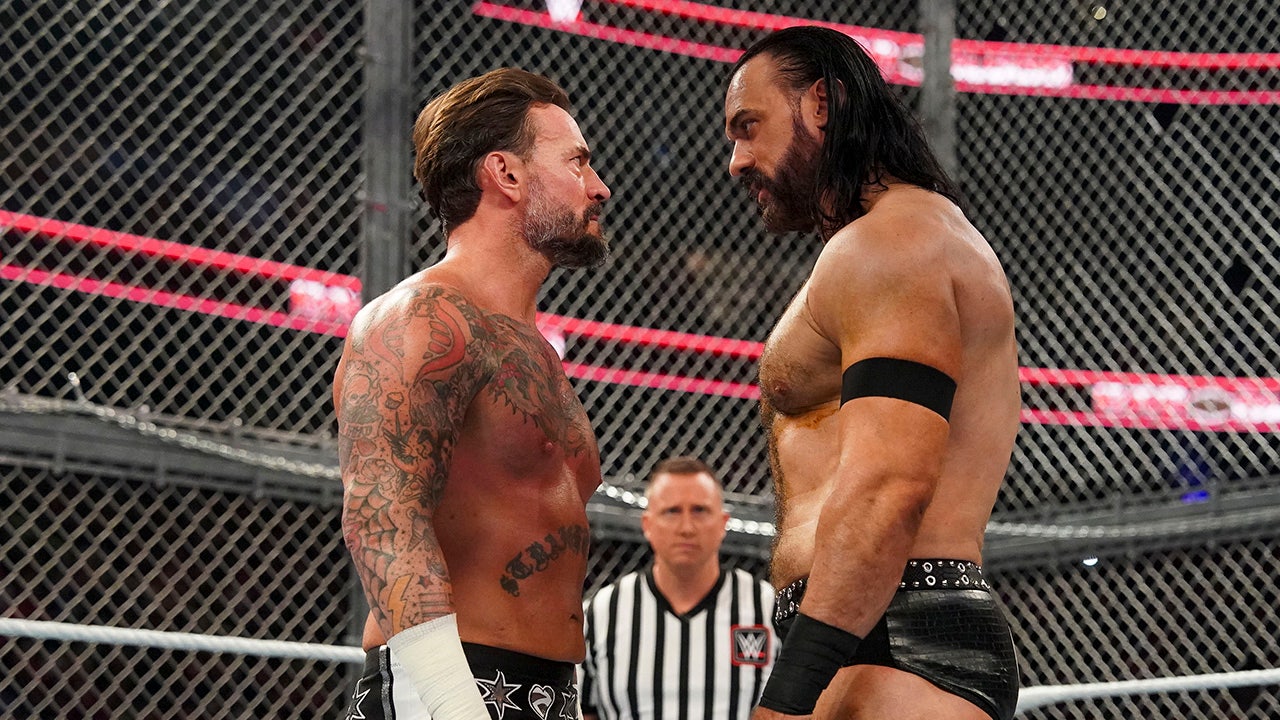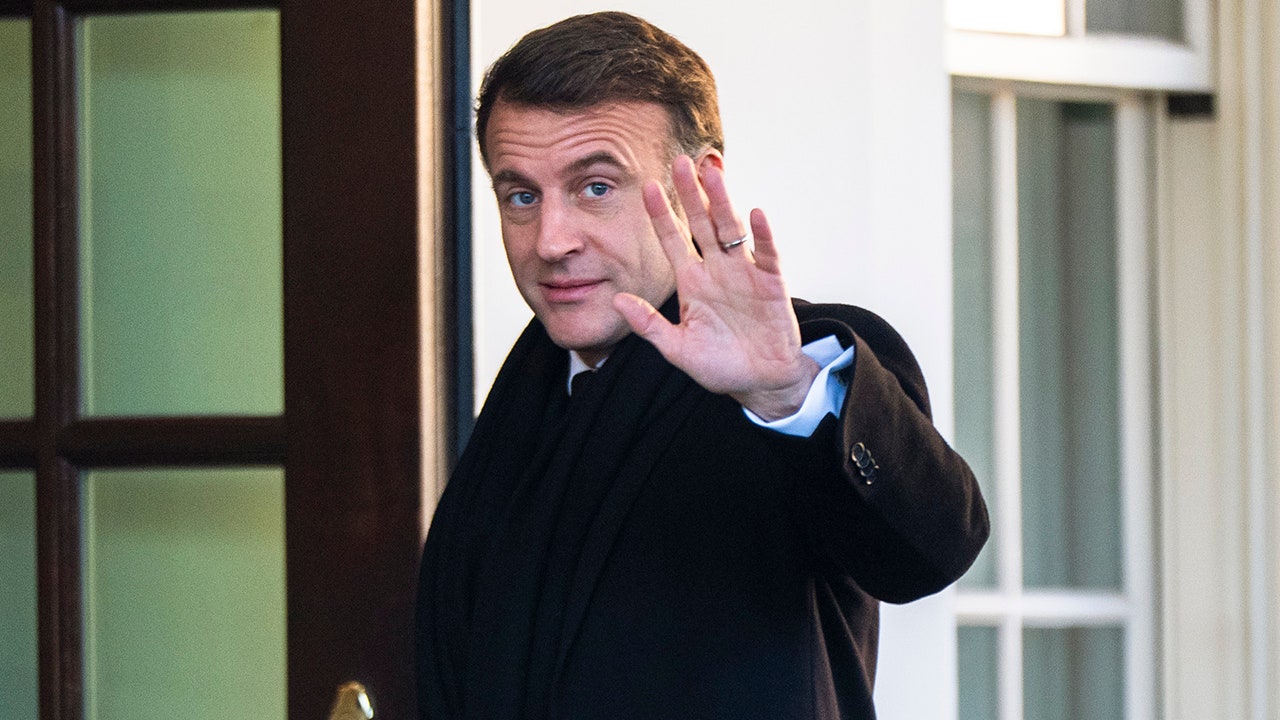Former Secretary of State Hillary Clinton called for increased regulation of social media platforms during a recent interview with CNN.
Clinton, who appeared on the network on Saturday, stressed that if these platforms do not actively moderate content, “we lose total control.”
Her comments came during a discussion on the need for tighter control over online content, echoing her long-standing concern about the influence of social media on public discourse.
Patriotic beachwear for freedom lovers! Shop now and get 10% off with code RB10. Vet & LEO-founded.
Clinton argued that social media platforms such as Facebook, Twitter/X, Instagram, and TikTok should not be protected by Section 230 of the Communications Decency Act.
Section 230 shields these platforms from liability for user-generated content, a protection Clinton believes is outdated and harmful in today’s digital landscape.
“We should be, in my view, repealing something called Section 230, which gave platforms on the internet immunity because they were thought to be just pass-throughs, that they shouldn’t be judged for the content that is posted,” Clinton explained.
She continued, “But we now know that is an overly simple view, that if the platforms—whether it’s Facebook or Twitter/X or Instagram or TikTok or whatever they are—if they don’t moderate and monitor the content, we lose total control.”
BREAKING: Hillary Clinton went to CNN to announce that they are losing control and that Social Media companies should increase their censorship on Conservative misinformation.
Hillary Clinton: “we lose total control.” pic.twitter.com/k9VEhegFP7
— Dom Lucre | Breaker of Narratives (@dom_lucre) October 5, 2024
Clinton also touched on the growing debate around cellphone use in schools, voicing her support for policies that restrict or ban cellphones during school hours. “We’ve conducted a big experiment on ourselves and particularly our kids, and I think the evidence is in,” she said. “We’ve got to do more, take phones out of schools. I’m so happy to see schools beginning to do that, where kids turn their phone in when they walk in the door.”
Several states, including Florida and California, have implemented policies aimed at limiting cellphone use in schools. Individual school districts across the country have also adopted similar measures, citing concerns about student focus and well-being.
Clinton praised these efforts, suggesting that reducing cellphone use in schools could lead to improved student behavior and academic performance.
While Clinton’s recent comments focused on social media and school policies, her views on online content moderation have stirred controversy in the past.
Just last month, during an appearance on MSNBC, Clinton suggested that Americans who spread what she referred to as “misinformation” should face civil or criminal charges.
She linked this idea to what she claimed was Russian interference in the 2016 election, which she lost to former President Donald Trump.
“There were Russians engaged in direct election interference and boosting Trump back in 2016,” Clinton said during her MSNBC appearance. “But I also think there are Americans who are engaged in this kind of propaganda, and whether they should be civilly or criminally charged would be something that would be a better deterrent.”
BREAKING: Hillary Clinton suggests jailing Americans for posting “misinformation”
“There needs to be deterrence” pic.twitter.com/soxI3wl7To
— End Wokeness (@EndWokeness) September 17, 2024
Clinton’s call for stricter penalties for spreading what she considers misinformation has drawn criticism from free speech advocates, who argue that such measures could infringe on First Amendment rights.
Her stance on social media regulation also aligns with a growing number of Democrats who have called for greater oversight of tech platforms, particularly in relation to the spread of political content.
Kamala: “If you don’t police your social media platform we will hold you accountable.”
Walz: “There’s no guarantee to free speech.”
Hillary: “Americans should be criminally charged for misinformation.”
This is what’s in store for free speech in America should Kamala win. pic.twitter.com/h0nexB5cDi
— Western Lensman (@WesternLensman) September 18, 2024
In the recent vice presidential debate between Sen. J.D. Vance (R-OH) and Minnesota Governor Tim Walz, similar concerns were raised about free speech and misinformation.
Walz, echoing some of Clinton’s sentiments, expressed the view that certain types of speech—such as “hate speech” or misinformation—should be limited.
JD Vance forced Tim Walz to admit that he intends to criminalize “hate speech” and “misinformation” because he doesn’t believe the First Amendment protects speech he disagrees with, including criticizing the policies of the Biden-Harris establishment. pic.twitter.com/ikwEYIoloB
— Catch Up (@CatchUpFeed) October 2, 2024
However, his understanding of the First Amendment came under scrutiny, as he referenced the common but incorrect belief that “you can’t yell fire in a crowded theater” to justify such restrictions.
This phrase, often misinterpreted, does not accurately reflect the constitutional protections provided by the First Amendment.
Clinton’s remarks, combined with similar views from other prominent Democrats, highlight the ongoing debate over the balance between free speech and the regulation of online content in today’s digital age.
The opinions expressed by contributors and/or content partners are their own and do not necessarily reflect the views of LifeZette. Contact us for guidelines on submitting your own commentary.
Read the full article here


![Hillary Clinton Is Freaking Out About ‘Losing Total Control,’ Calls For Mass Censorship [WATCH] Hillary Clinton Is Freaking Out About ‘Losing Total Control,’ Calls For Mass Censorship [WATCH]](https://www.rvmnews.com/wp-content/uploads/2024/10/2024.10.06-11.39-rvmnews-670276f23b054.jpg)


![Massive Brawl Erupts at Airport, Viral Video Captures Chaos in Atlanta [WATCH] Massive Brawl Erupts at Airport, Viral Video Captures Chaos in Atlanta [WATCH]](https://www.rvmnews.com/wp-content/uploads/2024/11/2024.11.11-08.18-rvmnews-673266b13aa23.jpg)




![Jim Jordan Exposes Media’s Ridiculous Fearmongering Over DOGE Cuts [WATCH] Jim Jordan Exposes Media’s Ridiculous Fearmongering Over DOGE Cuts [WATCH]](https://www.rvmnews.com/wp-content/uploads/2024/11/2024.11.20-12.16-rvmnews-673dd31144daa.jpg)